ceo chats
Speaking Up
in Hollywood
and Beyond
By Linda Nguyen
Reading time: 10 minutes

Big, Bold Ideas:
Off to Hollywood

Now 19, the Toronto native has seen her acting career flourish. She has won an ACTRA Award and four Canadian Screen Awards and has appeared in several film and television roles, including in the latest Muppets franchise.
Chaudry says she owes some of the success in her career to the many women who have come before her, including Hollywood directors Nora Twomey and Lena Khan.
LINDSAY GLASSCO
Q: How did your family’s experience shape you into who are you today?
Q: You worked with Angelina Jolie. Did she speak to you about supporting meaningful causes, or are there any other people in Hollywood you’ve learned from or looked up to?

read more
Support youth activism with
Girl Power
Tech Entrepreneurship for Women and Girls
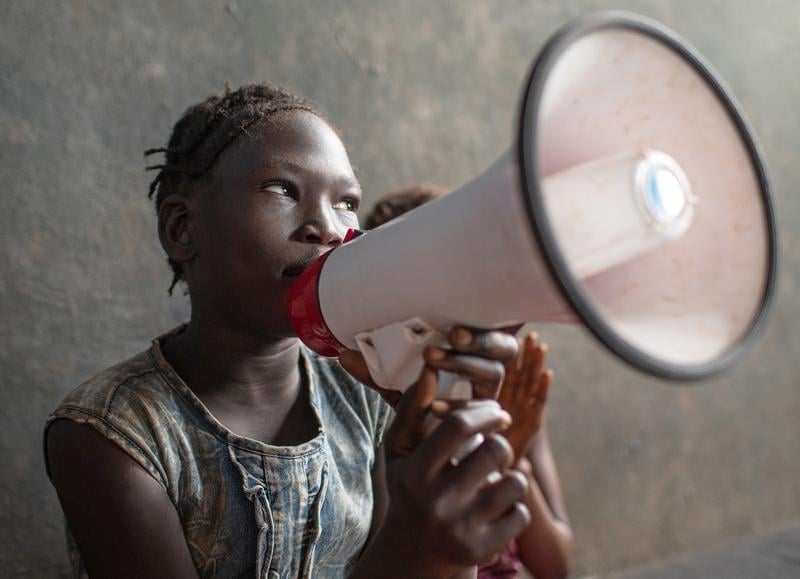
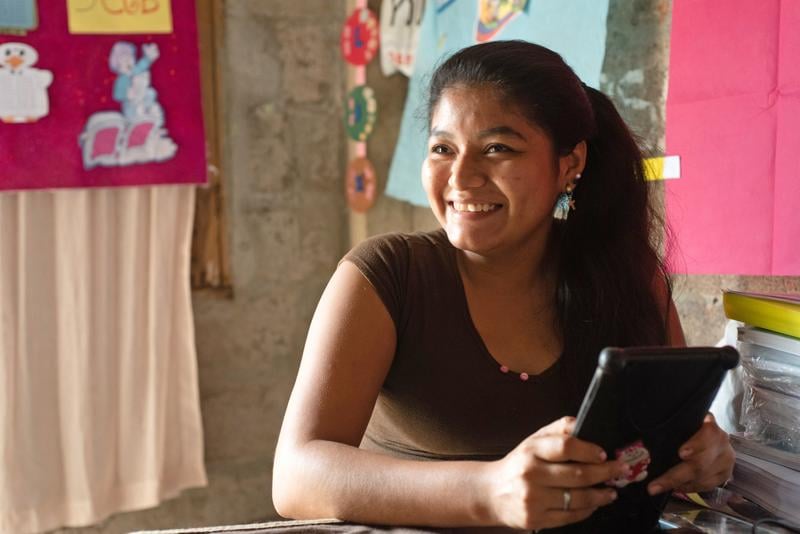
Gifts of Hope






This gift is matched
This gift is matched
8x
4x
1
2
5
Activism and Angelina Jolie
Seeing and meeting other women in powerful positions has also helped Chaudry carve her own path in humanitarian work.
One of these women is Angelina Jolie, who was the executive producer of Chaudry’s breakout film, The Breadwinner.
The award-winning film was about an 11-year-old girl living under Taliban rule in Afghanistan, where Chaudry’s mother’s family is originally from.
“At that point in my life, when we were premiering The Breadwinner and when we were on the press tour, I saw [Angelina] more often and had conversations about her work and her drive to pursue [humanitarian work],” says Chaudry.
Jolie was a shining example for Chaudry of how she could use her fame to help shed light on inequities around the world and causes she cared about.
“[I learned] you can have two lives; they can work in tandem, in harmony,” Chaudry tells Glassco.
“You can create fictional stories in Hollywood that also create meaning and impact in the real world. And I thought that was the most magnificent thing ever.”
Her mother, her best friend
Chaudry’s mother recently revealed to her that one of Saara’s first agents had pulled her aside to give her this warning: Although her daughter was talented, her identity as a BIPOC woman with her skin colour and hair texture would “hinder” her career.
“And that was true. He wasn’t wrong,” Chaudry tells Glassco.
“There were several times… I would come so close to booking a project, whether it was a TV show or a movie, and would be told, ‘She’s so talented, but I just don’t think she’s right for this one.’”
She found out after auditions that the mostly white executives would rather go with a Caucasian girl, or raised concerns about why Chaudry talked so much about her identity.
Fortunately, those attitudes are shifting after the #MeToo and Representation Matters movements.
“We see now women and women of colour, people of colour, having their stories being championed and their voices being heard – and their voices mattering for once,” she says.
“Their stories are being told authentically, and they’re telling their stories themselves, writing their stories themselves, producing them themselves, directing them themselves. They are the lead in their own story, the hero of their stories.”
Chaudry has had to work harder and push further due to the barriers she and other BIPOC women face.
“My identity has been and will always be my superpower,” Chaudry explains to Glassco.
“It’s what makes me me.”
Making space for BIPOC voices
Saara Chaudry on recognizing her privilege growing up
in Canada

Chaudry is currently a student at Harvard University, waiting until next year to choose her major. She is also a UNICEF Canada Ambassador and is the host of the organization's For Every Child podcast.
She says it’s sometimes strange to think that she’s a role model to young people, but she’s up to the task of setting a good example to her 72,000 followers on Instagram.
“No act toward bettering your community, or advocating for a cause that you’re passionate about, or that means something to you and others, is too small,” she says.
She says the onus isn’t only on young people, though: Everyone has a role in elevating youth voices. This is a cause that Plan International Canada strongly believes in.
“It’s not just about allowing children and young people to have a seat at the table. But it’s allowing that seat to also have a microphone placed in front of it and ensuring that the adult allies who also sit around the table alongside them are actively listening to the concerns that youth have and the issues that they want to address and the issues that matter to them,” she says.
“Because at the end of the day, we’re the ones who are inheriting the world.”
Helping others find their voice
Even if you have five followers, five engaged listeners are more important and more impactful than 100,000 people who are just kind of tapping through stories and aren’t necessarily taking action.”
Q & A
Q: I love how you said that, you know, even if you only have five friends on social media, you can have an influence. You can have an influence on one person's life.
A: You don't need to have some grand, elaborate plan or 100,000 followers or the biggest budget or the biggest campaign or some big flashy event. Having a fundraiser at school, doing a bake sale, having a lemonade stand, being a part of a protest, big or small, joining a little coalition, being a part of a youth group, joining organizations like Plan International Canada – it's things like this that allow you to have a start and give you a temporary home that you can then, you know, water and feed and allow it to grow into something bigger that you never expected.
Q: I’m just wondering, do you have any advice for how to mobilize and inspire youth on some of these issues?
4
Q: What are your thoughts on representation in Hollywood?
3
I saw her lending her platform to a cause greater than herself – and as an impressionable 13-year-old, I soaked that up like a sponge. I was like, ‘Wow, it is possible to balance both.’”
“
She is my greatest role model and the greatest role model I’ll ever have. No one will ever take her place.”
“
“
The woman who has had the biggest effect on her life and career, however, is her mother.
“My mom is the blueprint for me,” she says.
Chaudry’s mother came to Canada at age 12 with her sister and parents, after growing up in apartheid South Africa.

read more
Meet Maura, who turned her job as a garbage picker in Paraguay into a profitable business
Take our quiz!
Want to find out what type of activist you are?







Two Stories to Inspire You

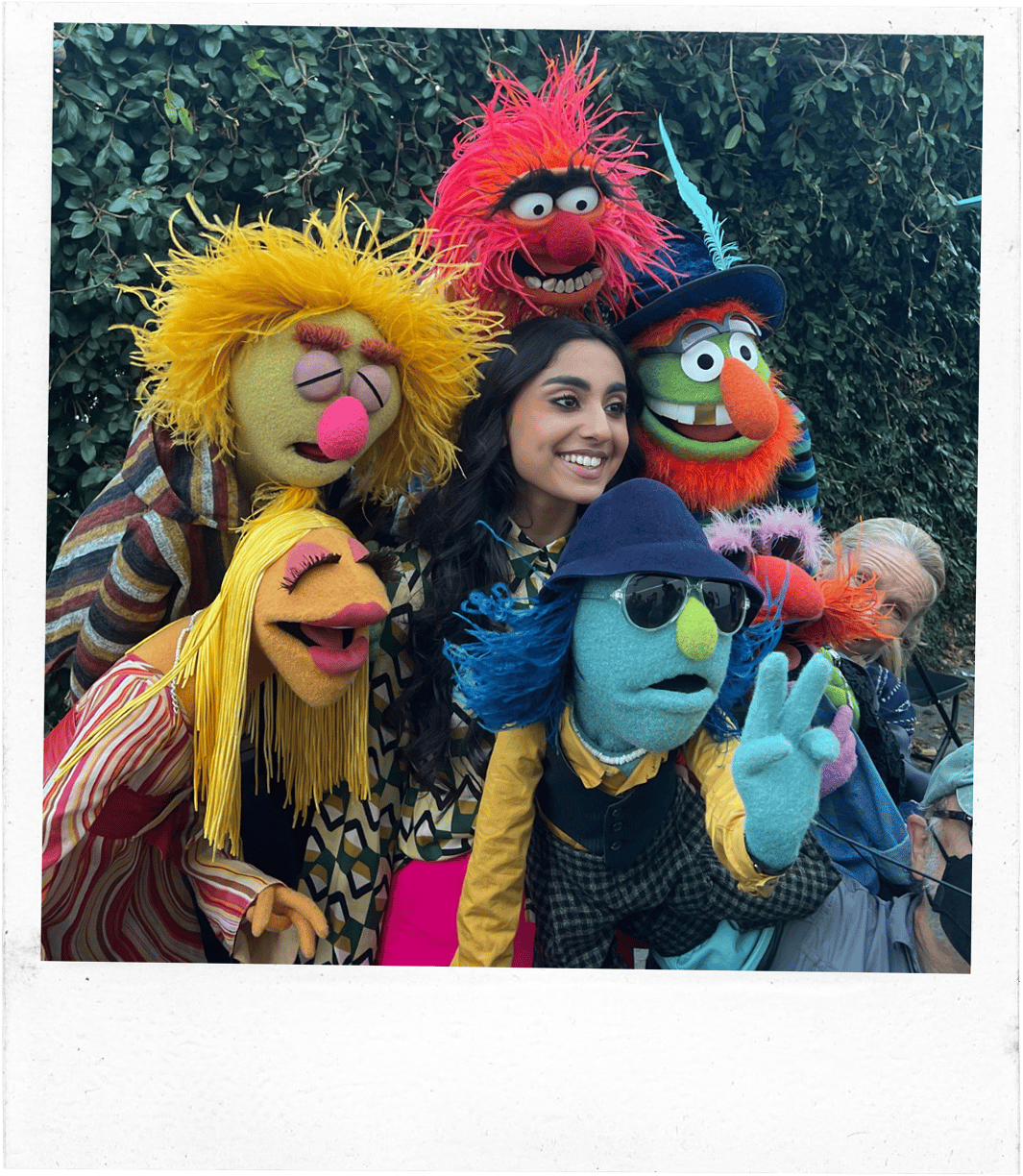
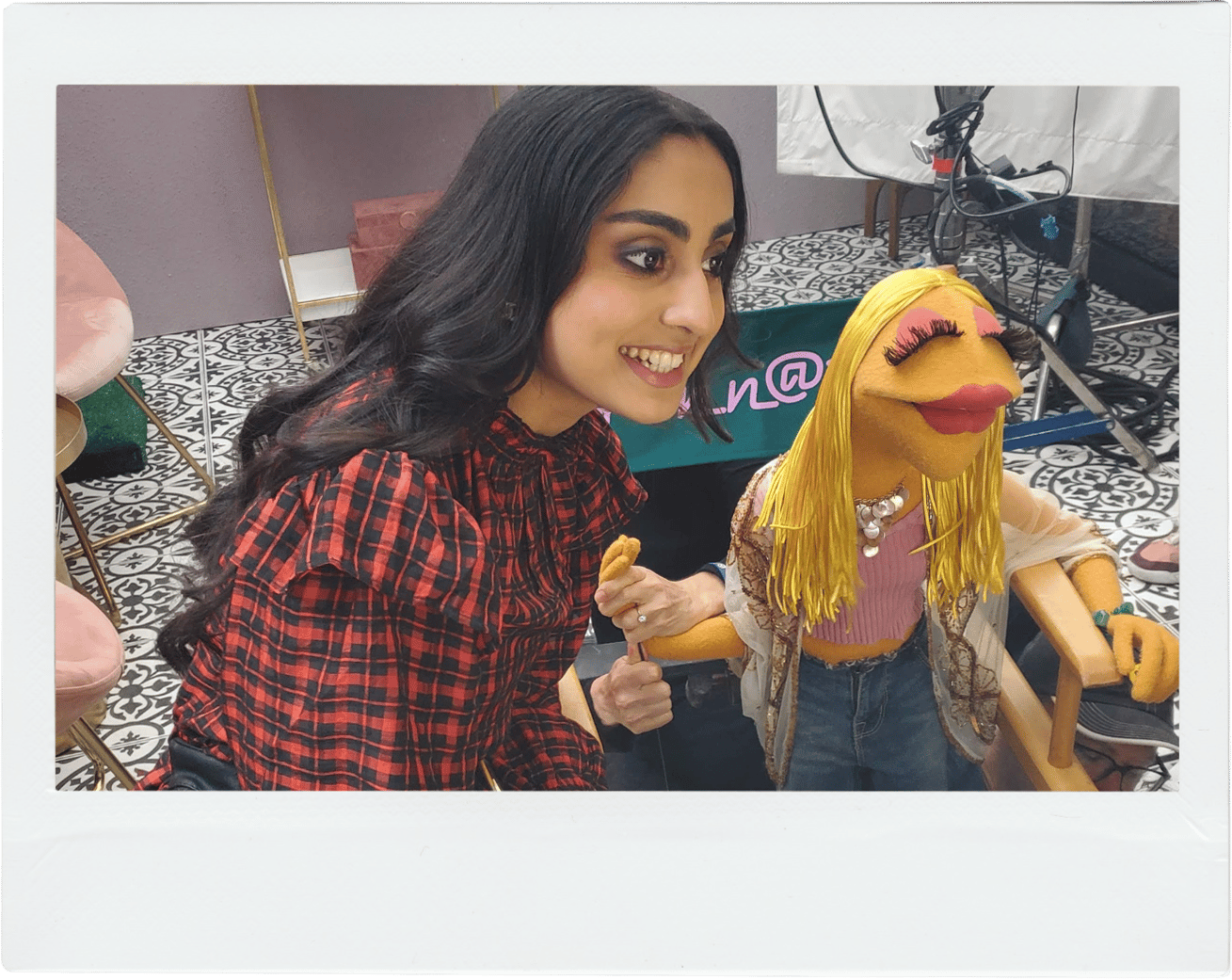
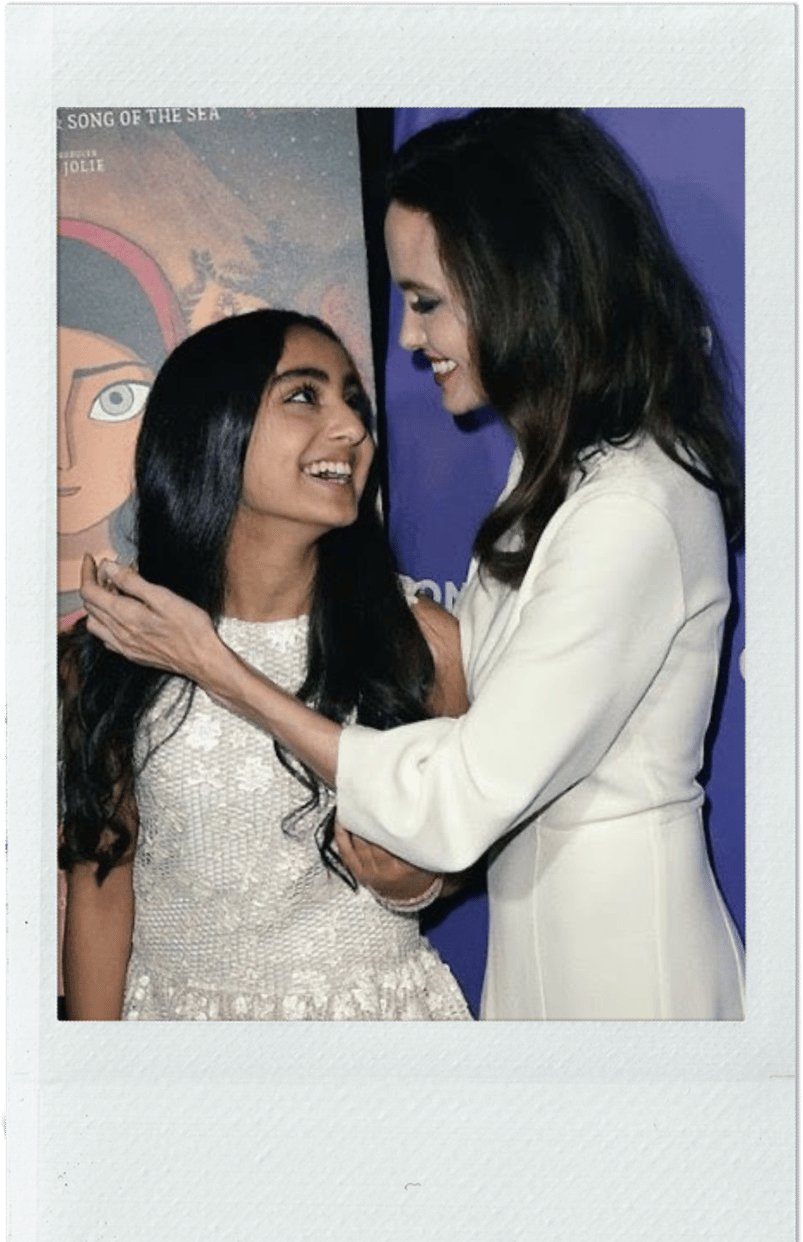
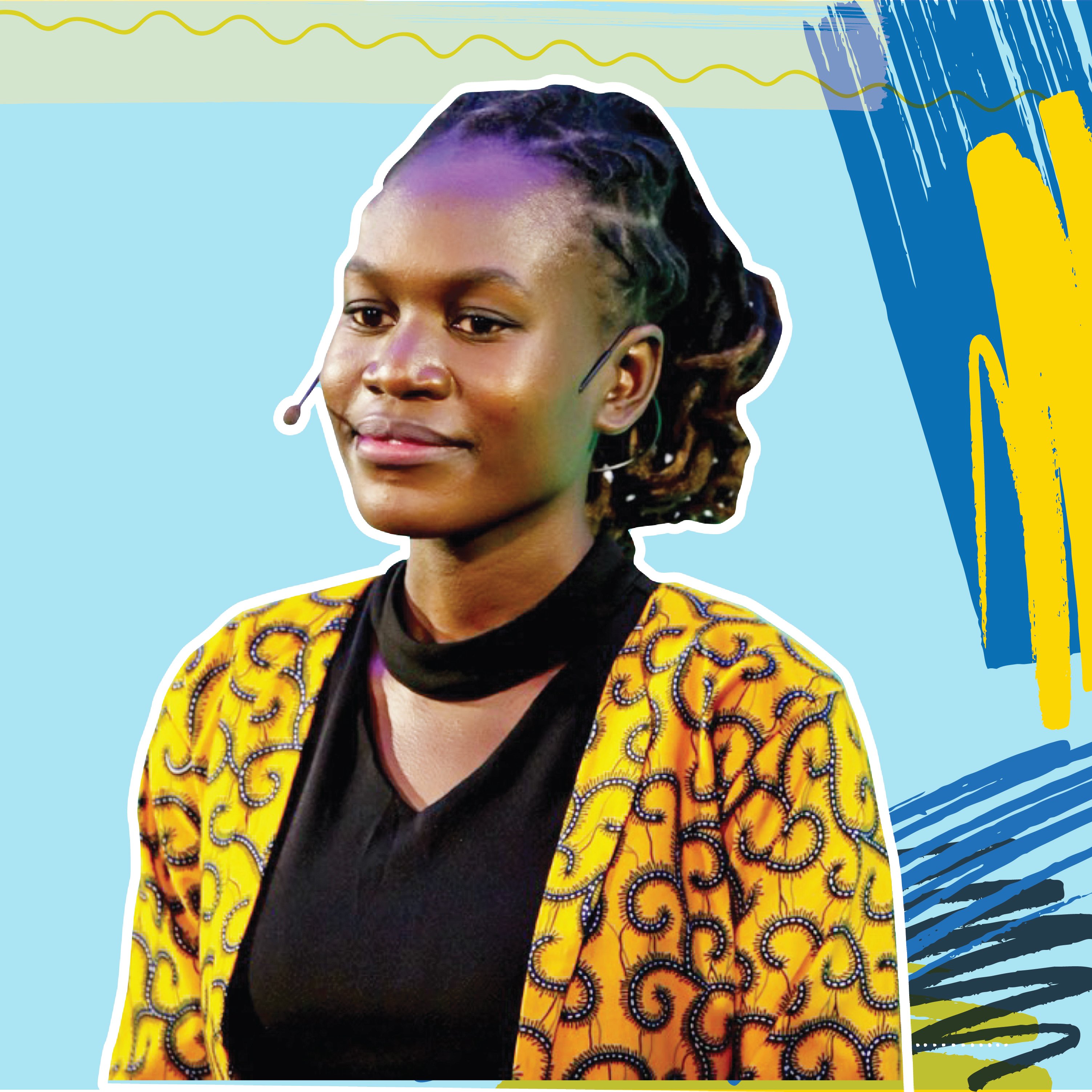
ICYMI: Catch up on our first CEO Chats story with Kenyan female genital mutiliation activist
Stacy Owino
Saara Chaudry on why youth need to speak up and take action

Saara Chaudry on feeling more comfortable in her own skin

Saara Chaudry on learning how to balance humanitarian work and acting from Angelina Jolie

SAARA CHAUDRY
A: If my ancestors had not been as brave as they were, if they hadn't championed the women in their family, especially the way that they did, I know I could easily be a girl and struggling in India right now or fighting for my education in Afghanistan. And so, I know what that reality could be.
And I think when you have that realization at a young age, it really pushes you to pursue certain endeavours that don't just revolve around your own hopes and dreams, but the dreams of girls everywhere.
A: I’ve definitely worked with a lot of magnificent women in the industry, Angelina being one of them. Definitely at that point in my life, when we were premiering The Breadwinner and when we were on the press tour, I was seeing her more often. Conversations of her work and her drive to pursue these things and lending her platform to a cause greater than herself, these were definitely things that, as an impressionable 13-year-old girl, I definitely just like soaked up like a sponge, and I was like, “Wow, it is possible to balance both.”
A: My identity has been and will always be my superpower, because it’s what makes me me. It plays a huge part in my story and my own experience and what I have to offer and what I bring to the table.
And so, I think it's really beautiful that collectively, there's kind of this appreciation now for culture and diversity and authenticity and for everyone's voice to be heard and everyone's story to get a chance to be on screen or in literature, whatever it may be. So, it's really beautiful to see that things are changing, but we still have a lot more work to do.
A: The one thing I always say is that no act towards bettering your community, or advocating for a cause that you're passionate about, or that means something to you and means something to other people, is too small.
Like many immigrants, Chaudry’s grandparents made the difficult decision to leave their home so that their two daughters could access an education.
“If my ancestors had not been as brave as they were, if they hadn’t championed the women in their family,” Chaudry says, she could easily have grown up somewhere else in the world, without the privileges she has now.
“I think when you have that realization at a young age, it really pushes you to pursue certain endeavours that don’t just revolve around your own hopes and dreams but the dreams of girls everywhere.”
Actor and humanitarian Saara Chaudry sits down to share big, bold ideas with Plan International Canada CEO Lindsay Glassco and talks about what it’s like to rub shoulders with Angelina Jolie, being a BIPOC woman in Hollywood and how youth can use their voices to do good in the world.
Saara Chaudry, 19, is an award-winning actor who is focused on making the world a better place through youth advocacy.
When the CEO of Plan International Canada sat down with Hollywood actor and young activist Saara Chaudry, they both pleasantly learned something they didn’t know: Chaudry had worked with the organization before.
It turns out that early in her career, when she was around seven or eight years old, Chaudry starred in a TV commercial for Plan, advocating for equal rights for girls in our Because I am a Girl campaign.
“So if life leads me back to [Plan] at any point – I mean this is a sprinkle along the way – that would be a beautiful little full-circle moment,” says Chaudry, breaking into a big smile as she recalls the memory to CEO Lindsay Glassco in our latest CEO Chats: Big, Bold Ideas interview.
It seems like Chaudry’s life is full of these serendipitous moments.
Her acting career began after her mother was approached by a scouting agent at a drama day camp she was attending when she was five years old.
Her mother, a lawyer, and her father, who works in business, knew nothing about the acting world. But after some initial reluctance, they asked Chaudry, who was in kindergarten then, if she wanted to give acting a go.
“Yes, it will be fun,” was her swift reply.
In a wide-ranging chat, Saara Chaudry talks to CEO Lindsay Glassco about why it's important for youth to take small steps to make a difference, whether that is spreading awareness on social media or supporting Plan International Canada.
“
You don’t need to have some grand, elaborate plan or 100,000 followers or the biggest budget or the biggest campaign or some big flashy event. Having a fundraiser at school, doing a bake sale, having a lemonade stand, being a part of a protest, big or small, joining a little coalition, being a part of a youth group, joining organizations like Plan International Canada – it’s things like this that allow you to have a start.” – Saara

“It’s not just about allowing children and young people to have a seat at the table. But it’s allowing that seat to also have a microphone placed in front of it and ensuring that the adult allies who also sit around the table alongside them are actively listening to the concerns that youth have and the issues that they want to address and the issues that matter to them,” she says.
“Because at the end of the day, we’re the ones who are inheriting the world.”
This interview has been edited and condensed for clarity.